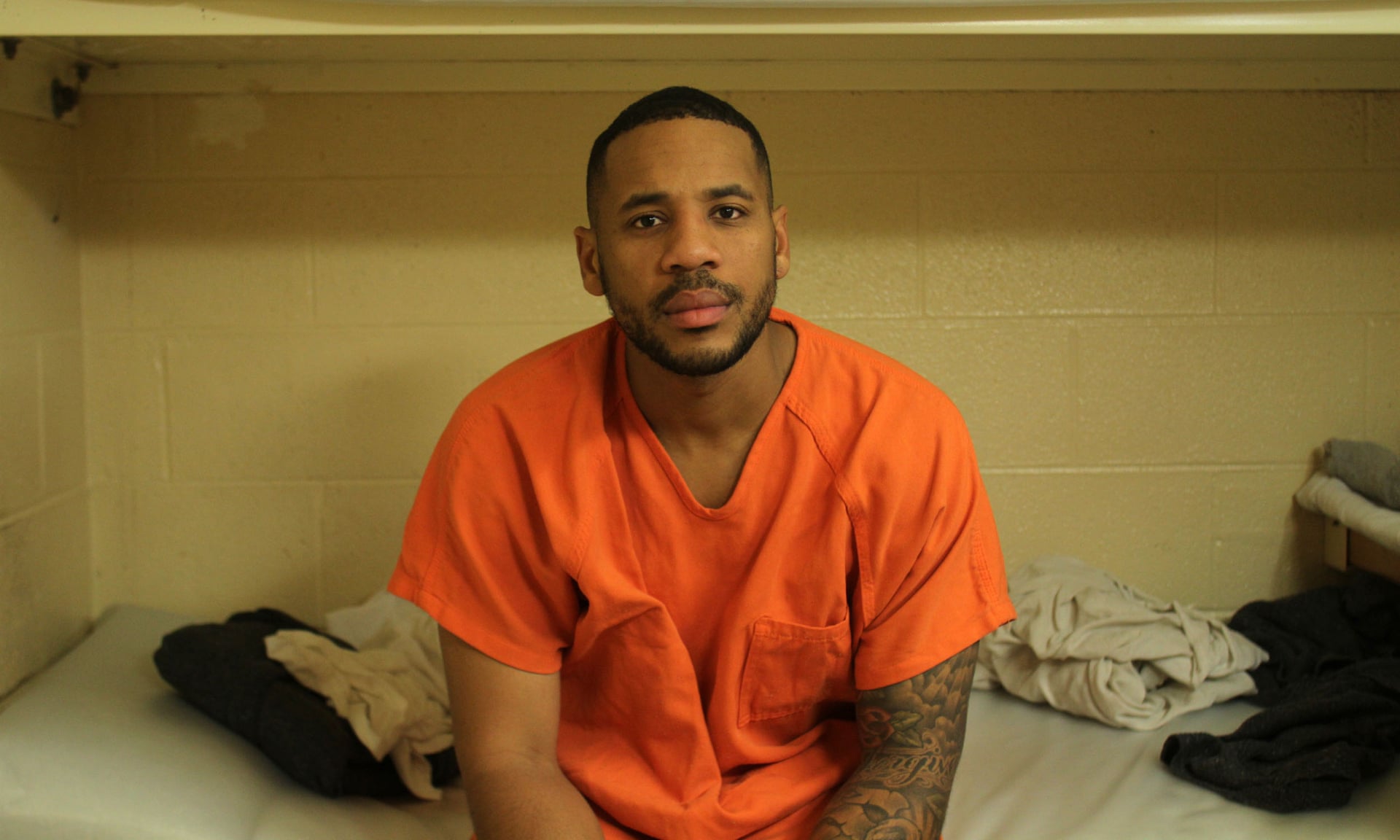Multiraciality Enters the University: Mixed Race Identity and Knowledge Production in Higher EducationPosted in Campus Life, Dissertations, Media Archive, United States on 2016-07-11 17:07Z by Steven |
University of Maryland
2016
DOI: 10.13016/M2QB78
Aaron Allen
“Multiraciality Enters the University: Mixed Race Identity and Knowledge Production in Higher Education,” explores how the category of “mixed race” has underpinned university politics in California, through student organizing, admissions debates, and the development of a new field of study. By treating the concept of privatization as central to both multiraciality and the neoliberal university, this project asks how and in what capacity has the discourses of multiracialism and the growing recognition of mixed race student populations shaped administrative, social, and academic debates at the state’s flagship universities—the University of California at Berkeley and Los Angeles. This project argues that the mixed race population symbolizing so-called “post-racial societies” is fundamentally attached to the concept of self-authorship, which can work to challenge the rights and resources for college students of color. Through a close reading of texts, including archival materials, policy and media debates, and interviews, I assert that the contemporary deployment of mixed race within the US academy represents a particularly post-civil rights development, undergirded by a genealogy of U.S. liberal individualism. This project ultimately reveals the pressing need to rethink ways to disrupt institutionalized racism in the new millennium.


